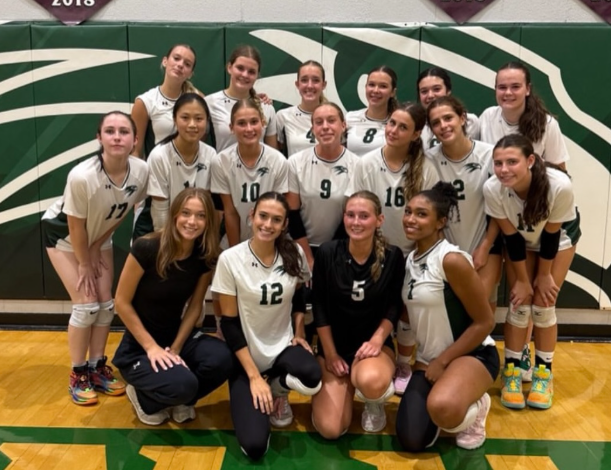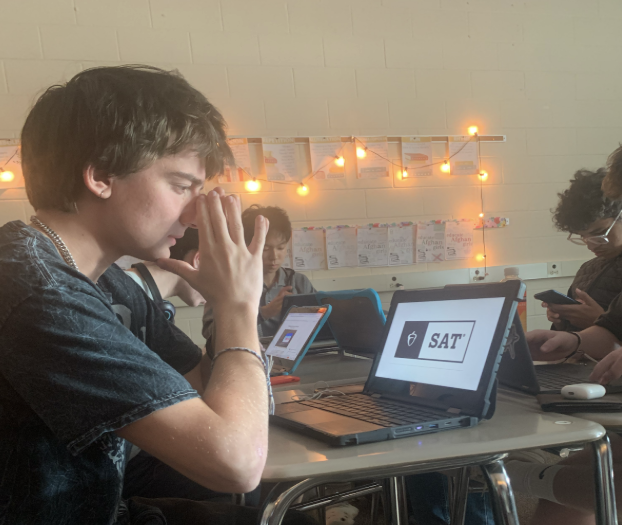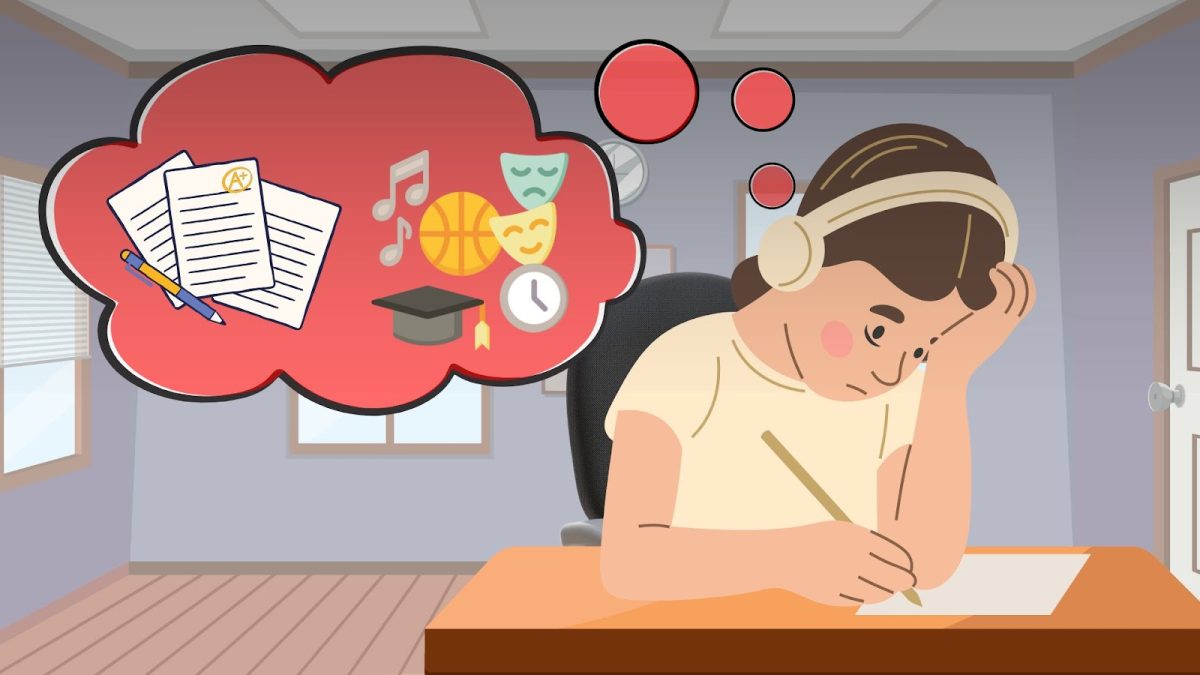Standardized tests have been a part of the American education system for decades. From state exams to the SAT and ACT, these tests are meant to measure students’ knowledge and college readiness. In recent years, their role has shifted, and many students are beginning to question how much these scores really matter.
State Exams Matter in High School
In North Carolina, high school students take End-of-Course (EOC) exams in subjects like Biology, NC Math 1, NC Math 3 and English II. These tests are designed to measure how well students understand the North Carolina Standard Course of Study. According to the North Carolina Department of Public Instruction, Containing a mix of both MCQs and short-answer questions, EOCs count to about 20% of your final grades and are necessary for completion of the course.
While they may feel stressful, EOCs can help identify where students need improvement before graduation. They also give colleges a basic sense of academic preparedness, especially for in-state applicants,but like all standardized tests, they only show one aspect of a student’s learning abilities.
The SAT and ACT: College Gatekeepers
The SAT and ACT are the tests most students take when considering applying to college. According to College Board, In 2024, the average SAT score was a 1024 out of 1600, and the average ACT score was a 19.4 out of 36 according to ACT.org. However, scores are often dependent on counties and can range immensely. These scores can help colleges compare students from different schools and states, but they’re not perfect. Students from higher-income families often score higher, thanks to access to prep courses and tutors. For example, According to a statistic found on a blog done by Horizon Education, Students from households earning over $117,000 scored an average 1152 on the SAT, compared with 887 for students from lower-income families.
Siddharth Chukkayapally, an SAT tutor at GHHS who scored a perfect 1600, shared, “tests like the SAT reflect skills like problem-solving under time pressure, but they don’t capture creativity or leadership. That’s why colleges have to look at more than just test scores.” His point shows that a number alone can’t tell the full story of a student’s abilities, and that many students often perform higher in other areas.
Test-Optional Policies
In recent years, many colleges have made submitting SAT or ACT scores optional. According to Fairtest, over 80 percent of four-year colleges will not require test scores for fall 2025 applications.
Even with test-optional policies, a strong score can still give students an advantage. “A high score can definitely boost an application, especially for scholarships and competitive schools,” Chukkayapally explained. “But it’s not always required. That flexibility has reduced stress for a lot of students.”
Some schools, like Harvard, have reinstated testing requirements after going test-optional during the pandemic. This mixed landscape means students need to research each school’s policies carefully before deciding whether taking the SAT or ACT is a necessary step in their application process.
Beyond Test Scores
Given that standardized tests only measure a subset of intelligences, critics often argue that standardized tests don’t fully measure a student’s potential. Alternatives like portfolios, project-based assessments and interviews can provide a more holistic view of a student’s skills. Chukkayapally said, “Portfolios or projects could show what a student is really capable of. Tests are efficient, but they’re not the whole story.”
Additional research supports this idea. Colleges increasingly consider essays, extracurriculars and recommendation letters alongside or instead of test scores. A student who takes challenging courses, leads clubs and demonstrates growth may have an edge over someone with a slightly higher score but less initiative.
Looking Ahead
Standardized tests are unlikely to disappear, but their role is changing. From AP exams, to EOCs, to college entrance exams, students have more flexibility in how they present their strengths and abilities.
Chukkayapally put it simply: “One number doesn’t define you. The strongest applications show who you are beyond the test.” For students, that means preparing strategically while remembering that grades, leadership and personal growth often matter just as much.





















































































